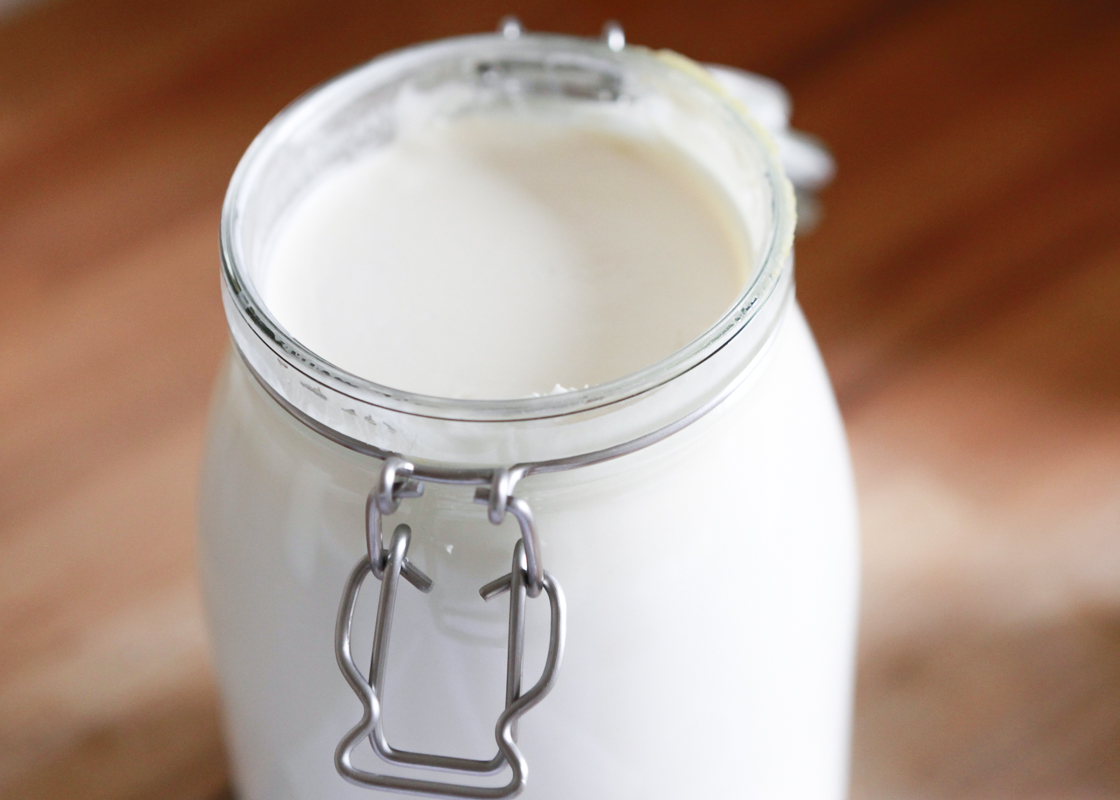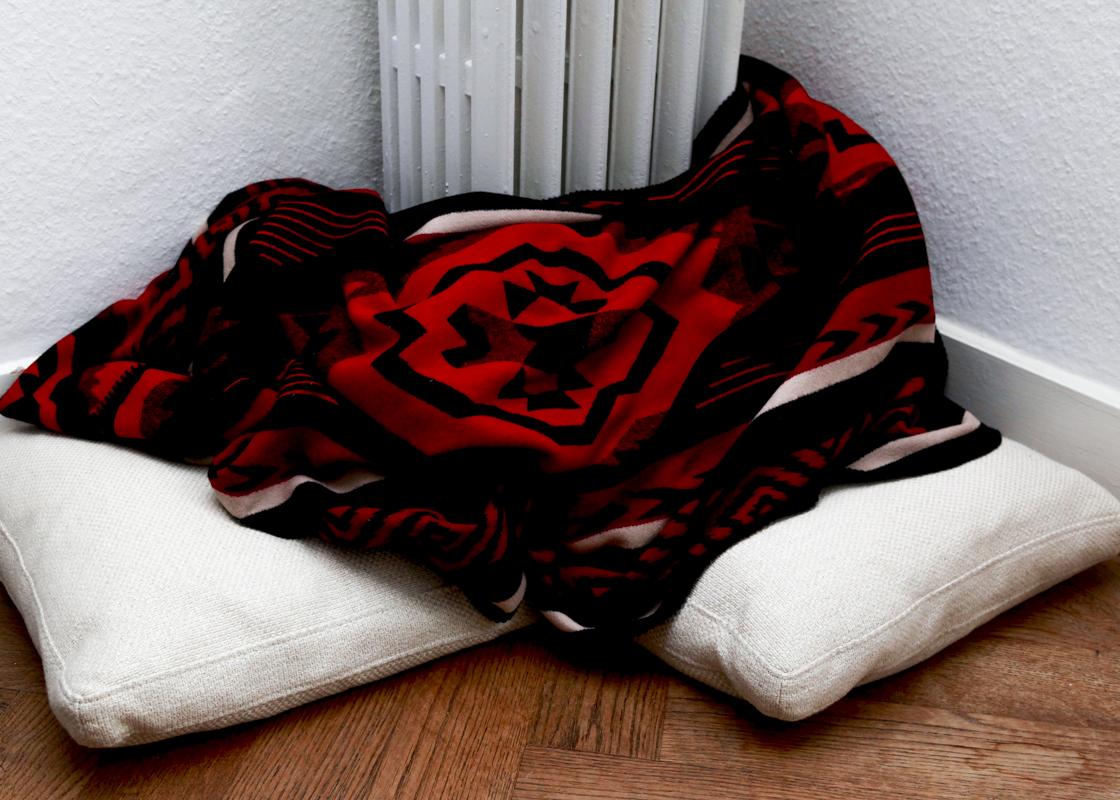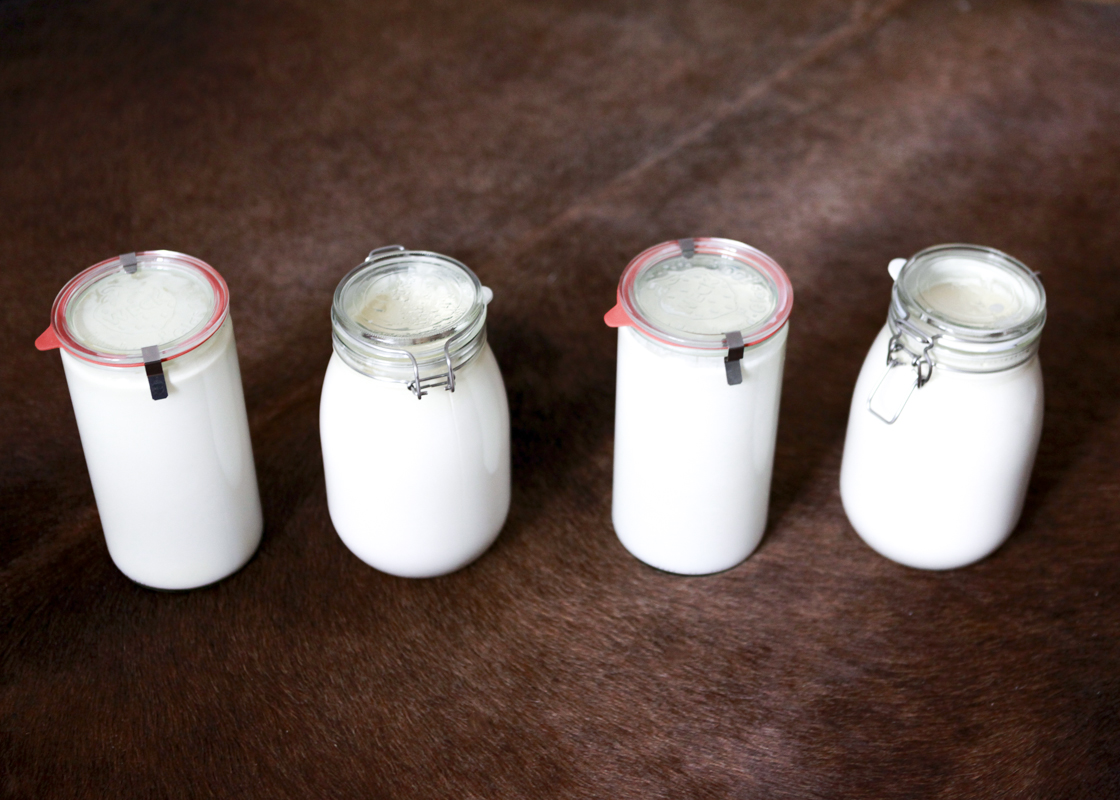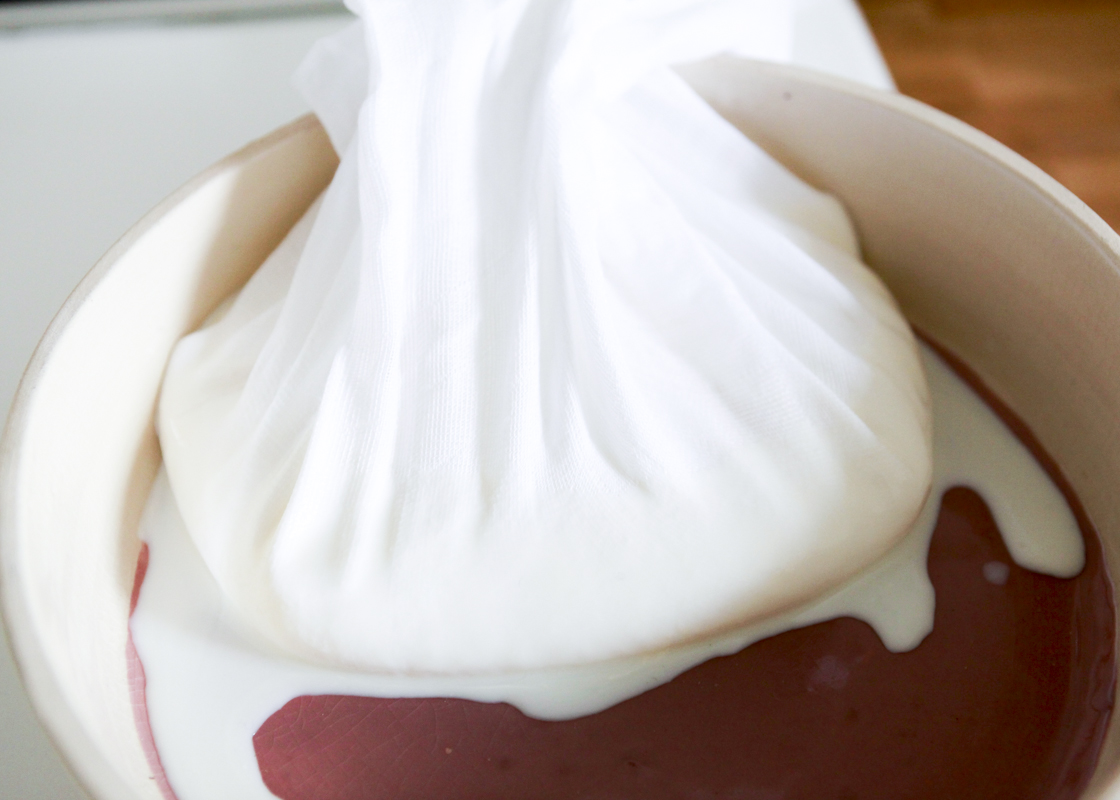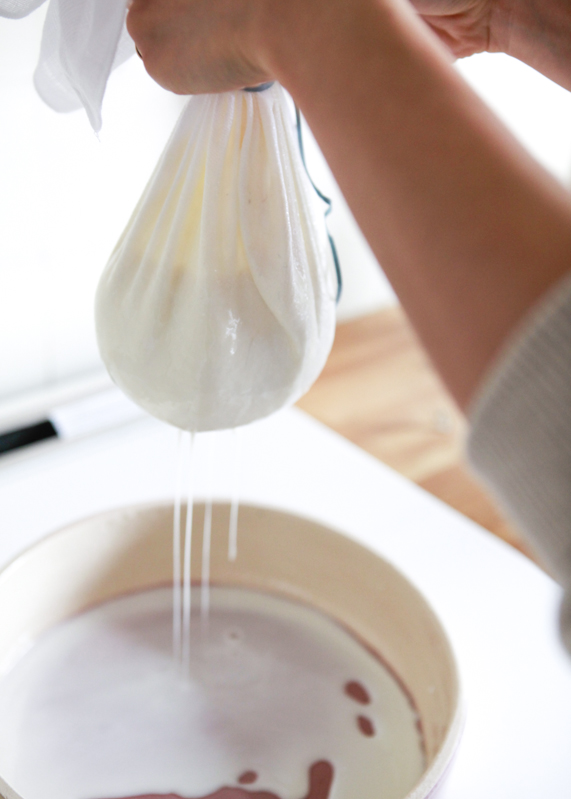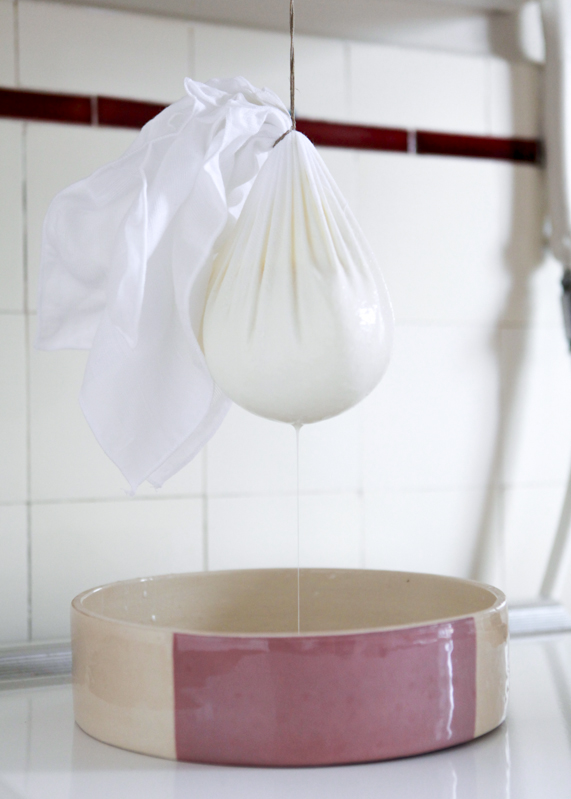Something extraordinary happened this past Saturday. While on the train to Basel, I received a text message from my older brother with the words “wheatgrass”, “immune system” and “juicing” in it. Seeing that the brother I know (and love) gives any too-green vegetable the side-eye, as a holistic nutritionist, I was pretty darn pleased. When I received another message asking for my advice directly after, I straight-up almost fell out of my seat with joy.
You see, for some time now, my family has regarded my interest in holistic wellness with apprehension. The notion that the foods you have spent years, if not decades, eating are, not only not providing nourishment, but actually contributing to your ailments is a tougher pill to swallow than a pharmaceutical, that’s for sure.
The link between who we are and what we eat is strong. For many countries, this link is established organically: the foods you eat are the foods that have been growing in your region for centuries. For us Americans, this link has been manipulated: the foods we eat are the foods that beget the highest profit for their manufacturers and that offer their consumer convenience, economy, and instant satisfaction.
Of course, this is all changing. As it turns out, it’s a lot harder to swallow your fourth, your fifth, your sixth pharmaceutical pill of the morning than it is to shift your perspective, even by an inch, on wellness. More and more folks are looking to holistic wellness for guidance, my family included. Conveniently for them, they just so happen to have a holistic nutritionist in the family, and one who is more than eager to help at that. Perhaps even a little over-eager.
Which brings me back to my brother’s text. He’d heard wheatgrass would boost his immune system and was wondering whether a supplement would work or if he’d need to juice it himself. He has a habit of catching the flu during winter and was seeking a more holistic solution.
The short answer to his text is yes, if he were going the wheatgrass route, freshly juiced would be most beneficial. With its high content of immune-boosting nutrients like vitamin A, C and E, B vitamins (excluding, and contrary to popular belief, B12) and zinc, it would certainly be a step in the nourished direction. But in my excitement to share what I’ve learned these past few years, I was not contented with the short answer and instead wrote him an, ahem, lengthy email explaining the complexity of our immune systems and enumerating, in detail, the various factors that could positively or negatively affect its function. Sound encouraging? Didn’t think so.
Instead of simply answering his question, I realized I was trying to force him from baby step to full-bound leap. When you’ve become so enmeshed in the holistic wellness world, you can forget how long it’s taken you to make all of the positive changes for your own health. I mean, doesn’t everyone start their morning with a mug of home-made bone-broth and an egg from pasture-fed, heritage-bred chickens cooked in home-made ghee? No, no they don’t and that kind of talk can make anyone turn back to their bowl of Captain Crunch.
Baby steps. “Speed is not the way of success,” as Loulou often says. While my brother takes baby steps toward boosting his immune system, I’m taking baby steps toward being a more encouraging guide.
Instead of posting the email I sent my brother, I’m taking Loulou’s (and Dr. Leo Marvin’s) advice.
Here are some tips for boosting your immune system this winter, Baby-Steps Style:
#1. Drink water. 2 cups in the morning, 2 in the afternoon and 2 in the evening. We need 48-64oz a day, which can be hard to remember during winter, or hot chocolate/hot toddy/hot wine season.
#2. Get some sleep. At least 7, good hours of sleep each night. Try to wake at the same time every day, as this keeps our physiological clock well-oiled. If you miss out on sleep, take a power nap during the day to, as one laconic instructor of mine would say, “pay off your sleep debt.”
#3. Practice gratitude. Our immune systems are hella intertwined with our mental state. Thinking positively is a given, and I believe it’s best facilitated by taking the time every day to feel grateful for something or other. Or everything.
#4. Try sauerkraut with your meals. It’s a major player in immune health and cabbage is aplenty during these winter months. Vitamin C + beneficial bacteria that keeps your gut healthy. Healthy gut = healthy immune system.
#5. Echinacea, anyone? My favorite herbal ally is an all-around immune-strengthener. It’s effective, affordable and easy-to-find. Try it in tincture form and add a few drops to a glass of water (that you’re now drinking lots of) everyday.

